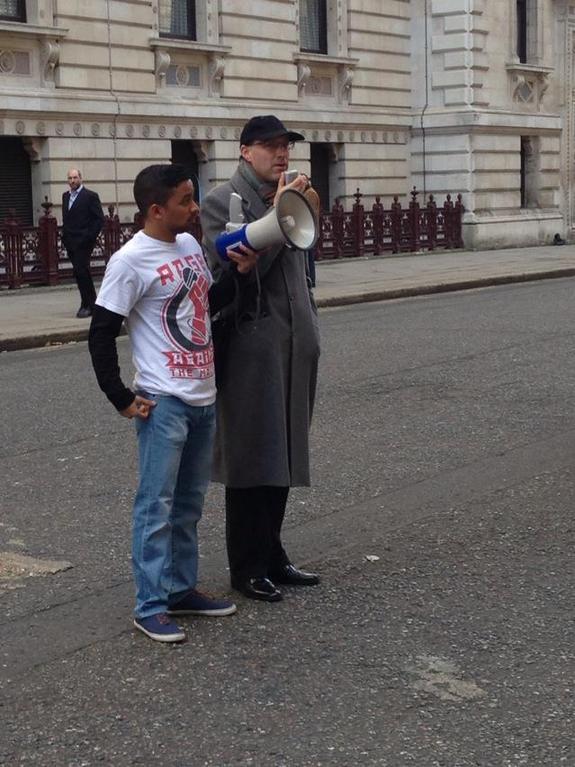


Within hours of the new Burmese military taking power in the February 1st coup, civil society the length and breadth of Myanmar had organised mass protests. The rage against the machine of the Tatmadaw (Burmese military) has a long history. Afterall, this isn’t the first time that the military has launched a coup d’etat. Crucially however, this time seems to be different.
Politicos, journalists and by and large the general public have questioned in recent weeks about the moral integrity of the mass protests dubbed ‘Civil Disobedience Movement’. Whilst there is large support for the removal of a military that has brutalised its own people, there are also deep questions about Burmese civil society. Why were they so silent over the Rohingya crisis for example? Where were the protests then?
Whilst this is entirely plausible, it does also reek of some sort of acceptance that there is only a black and white option available to Myanmar. A brief look at history informs us that Burma is no stranger to coups. In some shape or form, Burma has been under military rule since 1962. In fact, even from its independence from Britain, military personnel have been fundamental to Burma’s political make up. The military coup of 1962 brought with it ‘Burmanization’ – that is to pursue a national identity that can best be described as majoritarian. All other ethnic groups, languages and religions were to be abandoned for a national effort to Burmanize (the predominant ethnic group being Bama).
Since then, the Rohingya have faced various struggles. From the erosion of citizenship, to tight restrictions on movement and to facing various waves of genocidal mass killings, the Rohingya have been painted in Burma for the past sixty years as outsiders. Time and again, hundreds of thousands of Rohingya have been forcibly ejected from the country under the guise of them being illegal in their own motherland. Their entire identity has been dehumanised, racialised, persecuted and simply denied. At this juncture, it is important to note that this has been done so by the military. Repeatedly.
In the initial days after the coup, many people, internationally, had a hint of schadenfreude or even celebration at the fact that Aung San Suu Kyi’s denial of the Rohingya as a people and their genocide had finally caught up on her. They saw it as natural justice that since she had, under her watch, presided over well documented genocide and violence against the Rohingya, that her being imprisoned by the military was comeuppance. They saw the millions of people protesting as culpable of blame too. And so naturally support for the Civil Disobedience Movement wanes?
That cannot be so, it simply cannot. From the offset, it has been the military which has enacted crime after crime on the Rohingya. Not just the Rohingya, but on other ethnic groups such as the Karen, Shan and Kachin. Whether it is under the guise of language, religion or autonomous ambition, the Burmese military has been butchering civil society in Burma for decades. The Rohingya fit right in that description. As civil society in Burma. Because of the life of duress and persecution under the Junta, Burmese civil society has not been vociferous on any of the ethnic conflicts or violence collectively. Their collective voice has always been expressed at times of collective duress. Such as in 1988 and 2007 when mass protests again took place to dismantle the military. The Rohingya were part of that movement as they are part of this movement. Today’s Civil Disobedience Movement is as much for the Rohingya in a new Burma as it is for all ethnic groups and indeed all people in Burma. One of the key factors of this movement has been its all inclusive approach – generationally, religiously, ethnically.
That is not to say that the outcasting of the Rohingya until now should be forgotten. It should serve as memory and a starting point for collective reconciliation. To hold the Burmese public, who have been under totalitarian rule for sixty years, as complicit for the crimes against the Rohingya is unfair. There has been significant support for the military in the genocidal approach to the Rohingya. That too should not be forgotten but should also serve as ample reminder of what happens when a people are subjected to vitriol constantly for 60 plus years.
And so when articles such as Kenan Malik’s (who does not even recognise or use the term Genocide to describe the crimes against the Rohingya) in the Guardian are widely popularised, all that happens is that we feed more and more into the populist mentality that seems to surround us. Are the Burmese good or bad? If they are good, why did they stay silent on the Rohingya. Silence on the Rohingya must mean that they are bad. If they are bad, we should not support the protestors. Its not so simple.
If it were so, then we should rule out all Chinese people for the fact the crimes the CCP has committed on Hong Kongers, the Taiwanese and the Uighur. We should rule out all Pakistani people for the genocide against the Bangladeshis in 1971 or all Cambodians because of Khmer Rouge.
Calm down and sit down – you sound like Trump. Humanity needs more empathy, more compassion and more understanding. It’s not so simple.